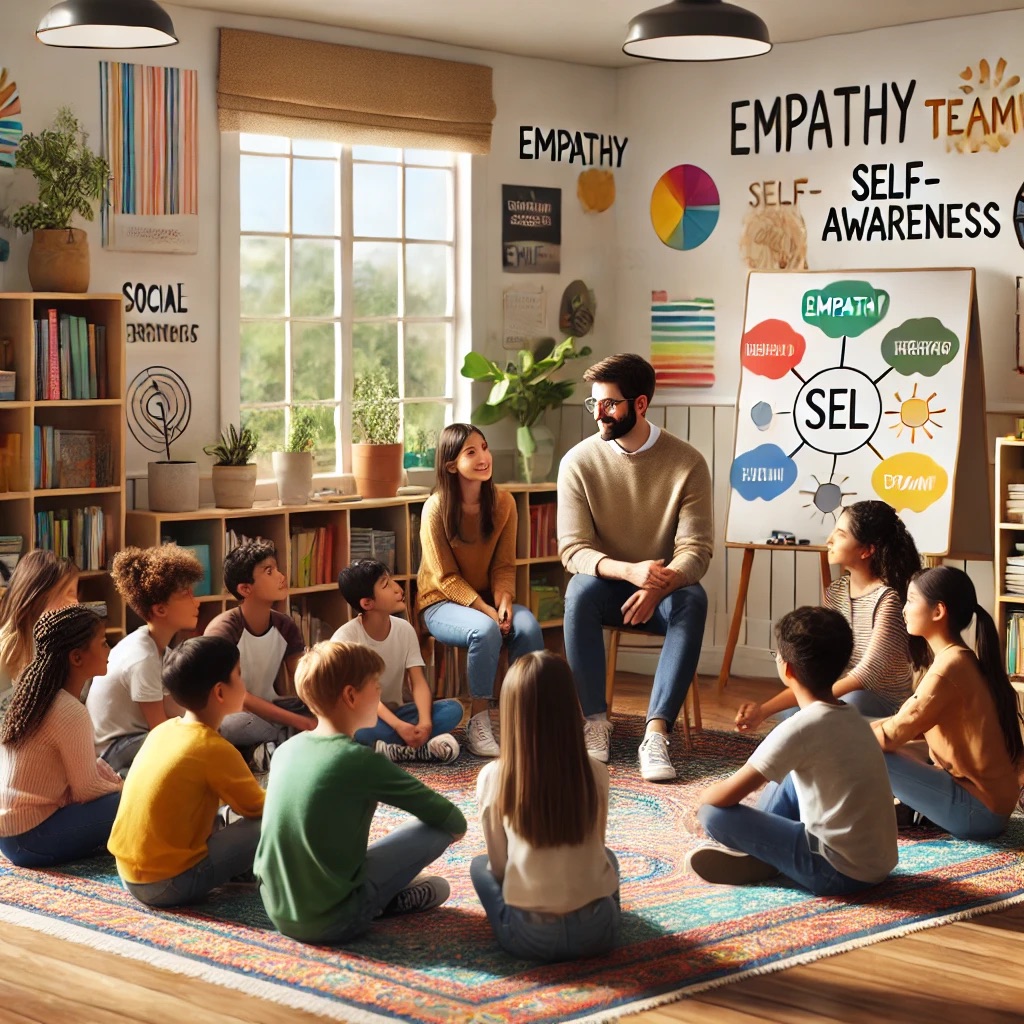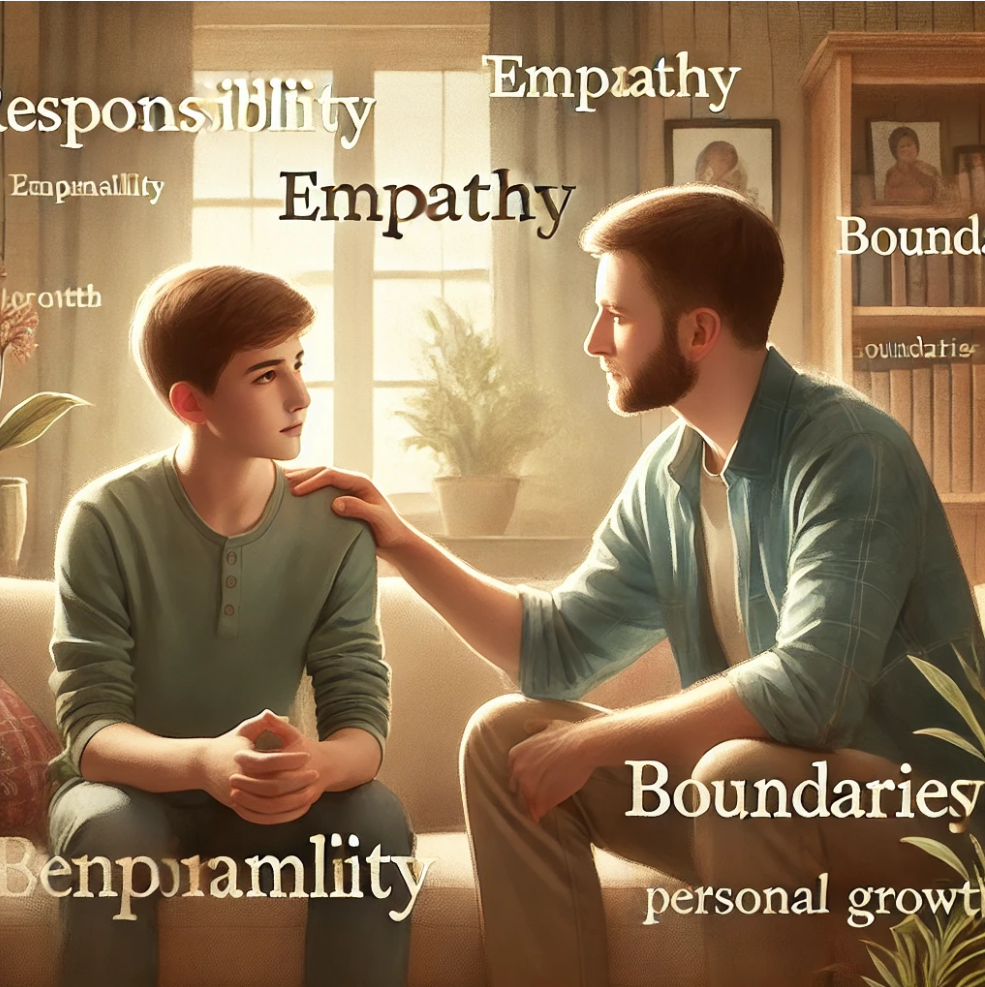Marriage and Happiness

Marriage is often idealized as the pinnacle of love and fulfillment—a fairy-tale ending where happiness is guaranteed. The idea that marriage is a ticket to perpetual joy, however, is a misguided notion that sets couples up for disappointment. While happiness is an important component of a healthy marriage, entering into matrimony with the sole purpose of achieving personal happiness is a fundamentally flawed premise. True marital satisfaction comes from commitment, mutual growth, and shared purpose rather than the fleeting emotion of happiness.
Happiness is Not a Constant State
One of the greatest misconceptions about marriage is that it will sustain perpetual happiness. However, research in psychology suggests that happiness is a fluctuating emotional state influenced by numerous factors, including individual well-being, life circumstances, and external stressors (Lyubomirsky, 2007). Expecting a spouse to provide continual happiness places undue pressure on the relationship, often leading to dissatisfaction when reality does not match expectations.
Studies indicate that while marriage can contribute to overall well-being, the “honeymoon phase” of heightened happiness typically fades within the first two years (Lucas et al., 2003). Once the initial excitement subsides, couples who entered marriage seeking continuous joy may feel disillusioned, mistaking normal relationship challenges as signs of incompatibility or failure.
Marriage Requires Effort, Not Just Emotion
Sustainable, long-term marriages are not built on transient feelings but on mutual effort and resilience. The work of Dr. John Gottman, a leading marriage researcher, emphasizes that successful relationships depend on factors such as emotional attunement, conflict resolution skills, and shared meaning (Gottman & Silver, 2015). Couples who focus solely on personal happiness often neglect the foundational aspects of a relationship, such as communication, compromise, and commitment.
Instead of seeing marriage as a source of happiness, couples should approach it as a partnership where both individuals strive to build a fulfilling life together. This perspective aligns with findings that marital satisfaction is linked to a shared sense of purpose and emotional support rather than just romantic bliss (Finkel et al., 2014).
Marriage is About Giving, Not Just Receiving
A marriage centered on individual happiness can quickly devolve into a transactional relationship, where each partner evaluates whether they are getting enough personal satisfaction. This mindset undermines the essence of marriage, which thrives on giving rather than just receiving. Research shows that acts of generosity and selflessness within a marriage contribute to deeper satisfaction and long-term stability (Algoe et al., 2010).
When individuals enter marriage with a self-focused mindset, they may struggle with the inevitable sacrifices and compromises that come with a shared life. True marital fulfillment arises when partners prioritize mutual growth, emotional intimacy, and a shared vision rather than individual gratification.
Happiness is a Byproduct, Not the Goal
When marriage is approached with the understanding that happiness is a byproduct of commitment rather than the primary objective, couples are more likely to build enduring relationships. Happiness in marriage stems from deep connection, shared experiences, and the ability to navigate life’s challenges together. Expecting marriage to provide happiness without effort is like expecting a garden to flourish without watering and tending to it.
Instead of asking, “Will marriage make me happy?” a more constructive question is, “Am I ready to commit, grow, and build a life with this person?” When happiness is viewed as a natural consequence of a healthy relationship rather than the sole reason for getting married, couples are better prepared for the realities of a lifelong partnership.
If the primary reason for getting married is to be happy, you may be setting yourself up for disappointment. Happiness is not a permanent state but a byproduct of commitment, mutual support, and shared purpose. A fulfilling marriage requires effort, resilience, and a willingness to grow together, rather than expecting one’s partner to be a constant source of joy. Those who enter marriage with the right mindset—one of dedication and mutual enrichment—are far more likely to experience lasting satisfaction and a deeper, more meaningful connection.

References
- Algoe, S. B., Gable, S. L., & Maisel, N. C. (2010). It’s the Little Things: Everyday Gratitude as a Booster Shot for Romantic Relationships. Personal Relationships, 17(2), 217–233.
- Finkel, E. J., Hui, C. M., Carswell, K. L., & Larson, G. M. (2014). The Suffocation of Marriage: Climbing Mount Maslow Without Enough Oxygen. Psychological Inquiry, 25(1), 1–41.
- Gottman, J. M., & Silver, N. (2015). The Seven Principles for Making Marriage Work. Harmony Books.
- Lucas, R. E., Clark, A. E., Georgellis, Y., & Diener, E. (2003). Reexamining Adaptation and the Set Point Model of Happiness: Reactions to Changes in Marital Status. Journal of Personality and Social Psychology, 84(3), 527–539.
- Lyubomirsky, S. (2007). The How of Happiness: A Scientific Approach to Getting the Life You Want. Penguin.






